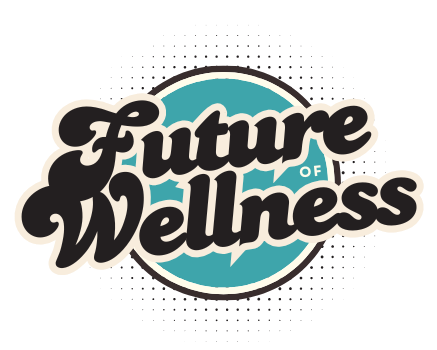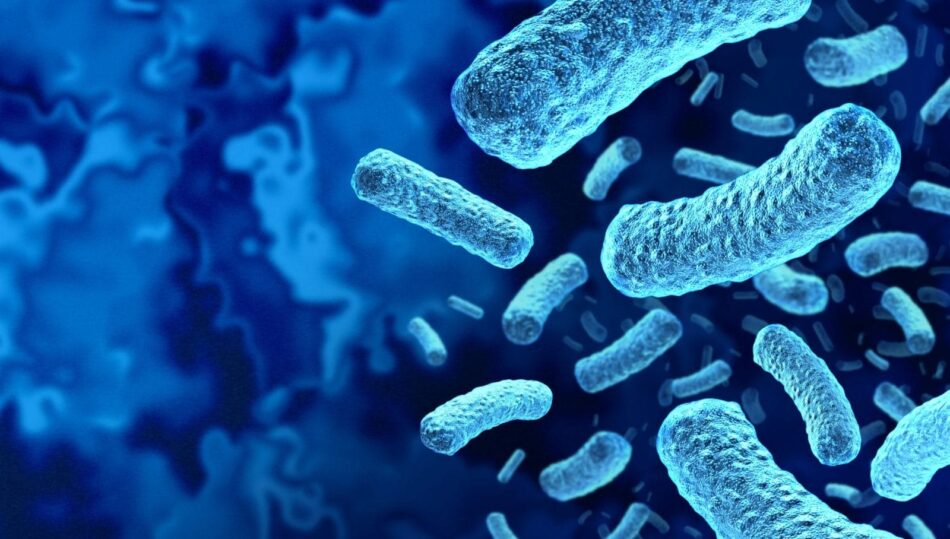A deadly listeria outbreak tied to frozen pasta meals has spread across 15 states, leaving four people dead and more than a dozen hospitalized. According to The New York Times, federal health officials linked contaminated premade chicken and beef pasta dishes sold at Walmart, Kroger, and Trader Joe’s to the outbreak. The U.S. Department of Agriculture’s Food Safety and Inspection Service issued a public health alert warning consumers not to eat certain fettuccine Alfredo and linguine meals that may contain the harmful bacteria.
The recalled products, made by FreshRealm, include Trader Joe’s Cajun-style blackened chicken breast fettuccine Alfredo and Walmart’s Marketside linguine with beef meatballs. Testing confirmed the outbreak strain of listeria in Walmart’s meatball pasta, which came from pasta supplied by a third-party manufacturer. While Walmart says it has pulled the products from shelves, Trader Joe’s has yet to comment.
Listeria can cause serious infections, especially for pregnant people, newborns, older adults, and those with weakened immune systems. Symptoms include fever, muscle aches, stiff neck, and confusion, sometimes appearing weeks after eating contaminated food. With hospitalization rates near 95% in this outbreak, the risks are severe.
Beyond the immediate health dangers, this crisis underscores how fragile our food system can be when it relies heavily on processed animal-based products. Outbreaks linked to meat, poultry, and dairy are far more common than those tied to plant-based foods. Shifting to fresh, plant-based meals not only supports personal health but also reduces strain on the earth by lowering Pollution, cutting greenhouse gas emissions, and protecting animals from factory farming.
As the investigation continues, public health officials are urging consumers to check their freezers and dispose of any recalled meals immediately. Choosing safer, plant-based options is one way to reduce the risk of exposure while supporting a healthier food system.
Let’s take this as a reminder to stay mindful about what we put on our plates—opting for fresh, vegan, and plant-based meals helps protect our health, the animals, and the environment we all share.
Sign These Petitions!
Please sign our latest and most urgent petitions to help the planet. Every signature counts!
Related Content:
Easy Ways to Help the Planet:
- Eat Less Meat: Download Food Monster, the largest plant-based Recipe app on the App Store, to help reduce your environmental footprint, save animals and get healthy. You can also buy a hard or soft copy of our favorite vegan cookbooks.
- Adopt-a-Pet: Visit WildWatchers, a watchdog platform specifically designed for animal, earth, and wildlife warriors to actively give back, rescue, and protect animals and the planet.
- Reduce Your Fast Fashion Footprint: Stand against fast fashion Pollution by supporting circular brands like Tiny Rescue, which create cause-based collections using recycled, zero-waste clothing designed to be returned and remade, ensuring it never ends up in a landfill.
- Shop Sustainably for Your Home: Visit SustaiNOBLE.org, an eco-friendly and ethically sourced home decor store that will empower your home with luxurious fair-trade, and sustainable products made by global artisans.
- Support Independent Media: Being publicly funded gives us a greater chance to continue providing you with high-quality content. Please consider supporting us by donating!
- Sign a Petition: Your voice matters! Help turn petitions into victories by signing the latest list of must-sign petitions to help people, animals, and the planet.
- Stay Informed: Keep up with the latest news and important stories involving animals, the environment, sustainable living, food, health, and human interest topics by subscribing to our newsletter!
- Do What You Can: Reduce waste, plant trees, eat local, travel responsibly, reuse stuff, say no to single-use plastics, recycle, vote smart, switch to cold water laundry, divest from fossil fuels, save water, shop wisely, Donate if you can, grow your food, volunteer, conserve energy, compost, and don’t forget about the microplastics and microbeads lurking in common household and personal care products!







